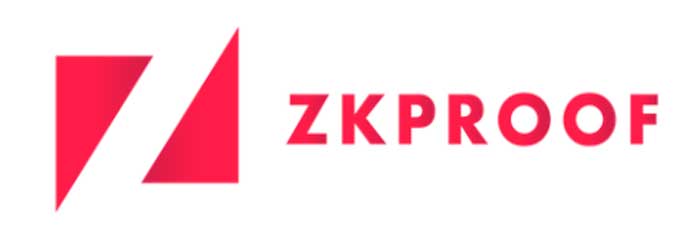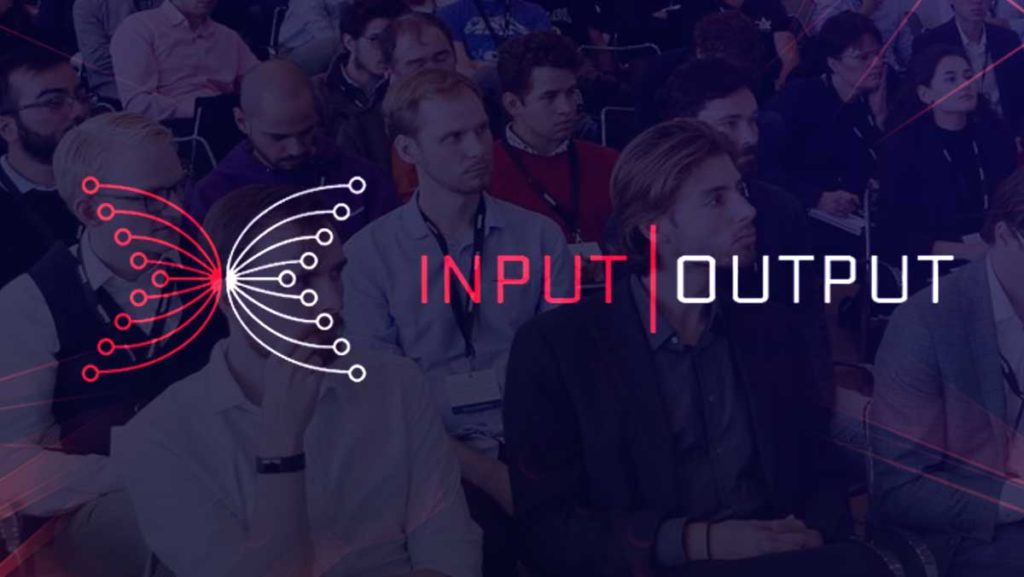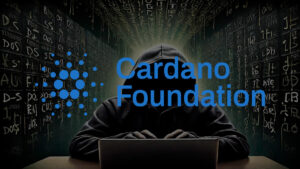Today, May 21, is the final day of ZKProof 3rd workshop where IOHK CEO Charles Hoskinson will join a special panel discussion focused on industry, deployment, and adoption of ZKProof. Later Charles Hoskinson will also join a short talk with IOHK researcher, Markulf Kohlweiss from the University of Edinburgh, focused on ZKPs enriching ledgers with private smart contracts.
A blog post by IOHK’s product manager, Brian McKenna, published on Wednesday, May 20, provides more insights on ZKProof and IOHK’s approach towards it as the company joins the conversation around zero-knowledge proofs at the ZKP Workshop.
Zero-knowledge proofs, or ZKPs, is a cryptographic technique that, when applied to blockchains, can make them ultra-private and scalable. The ZKP workshop aims to promote the standardization of zero-knowledge proof cryptography and to increase the engagement of companies and researchers worldwide.
According to Brian Mckenna, this cryptography technique allows someone to prove something without revealing it. Ultimately, ZKPs protect people’s individual sovereignty and self-ownership.

Talking about the IOHK’s approach towards ZKPs, McKenna wrote:
“IOHK believes that these proofs represent an important step forward for universal inclusion, personal data management, and security. That is why we have been both sponsoring and participating in the third annual ZKProof Workshop, which concludes tomorrow.”
He said that as Blockchains were moving far ahead form simply a money exchanger or a technology for tokenized assets, it would be impossible for an individual to verify the source of truth from the node level of the blockchain. New generation blockchain also include multi-asset functionality, identity, and even voting, and all these interaction require petabytes and eventually exabytes of storage space. It would be impossible for anyone to verify the single source of truth.
According to Mckenna, ZKPs provides solution to this. He said:
“Recursive construction of zero-knowledge proofs allows transactions on the distributed ledger to be truncated so that even as the blockchain grows, the necessary capacity to host the full node remains achievable for all participants. ZKPs bring both privacy and scalability together, which makes them a critical stream of research for IOHK engineers. The result of this is increased universal understanding and inclusion.”
Concluding the argument, he wrote:
“Zero-knowledge cryptography isn’t just a scientific or academic stream of research. It is directly applicable to a variety of global challenges. ZKPs help create inclusive accountability. Inclusive accountability is the idea that there is universal verification for every actor running an algorithm on their computer or device.”









